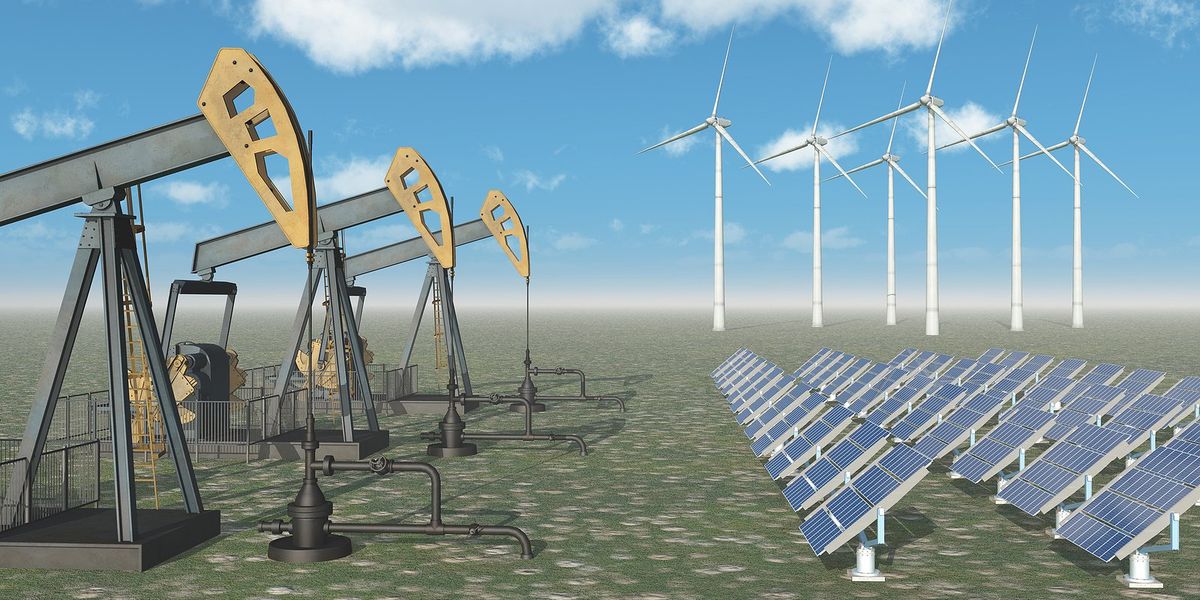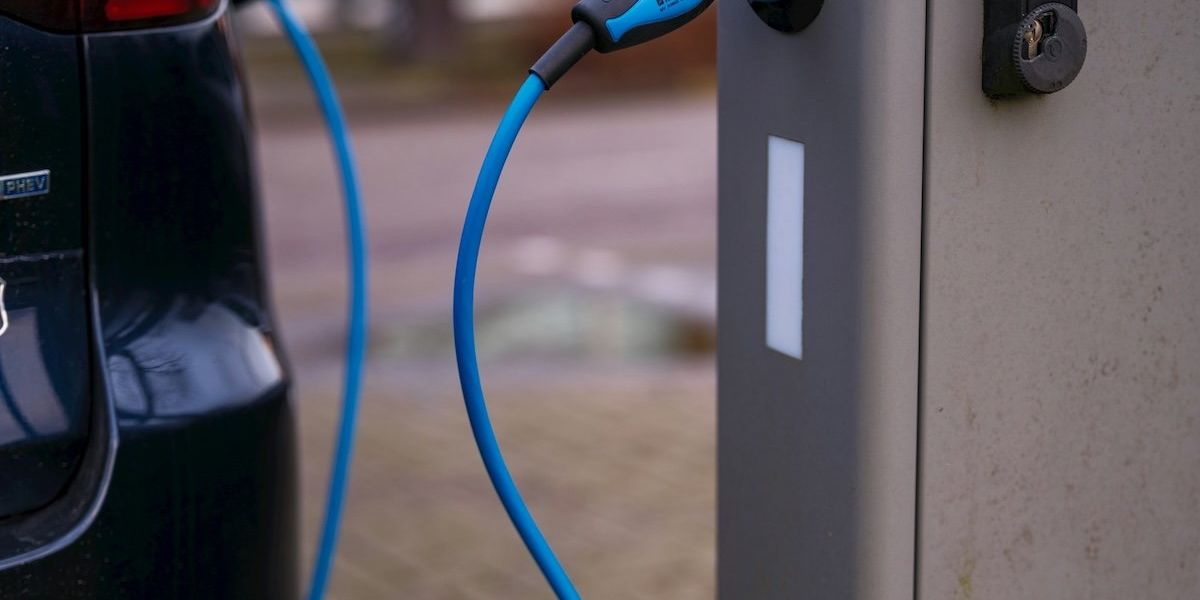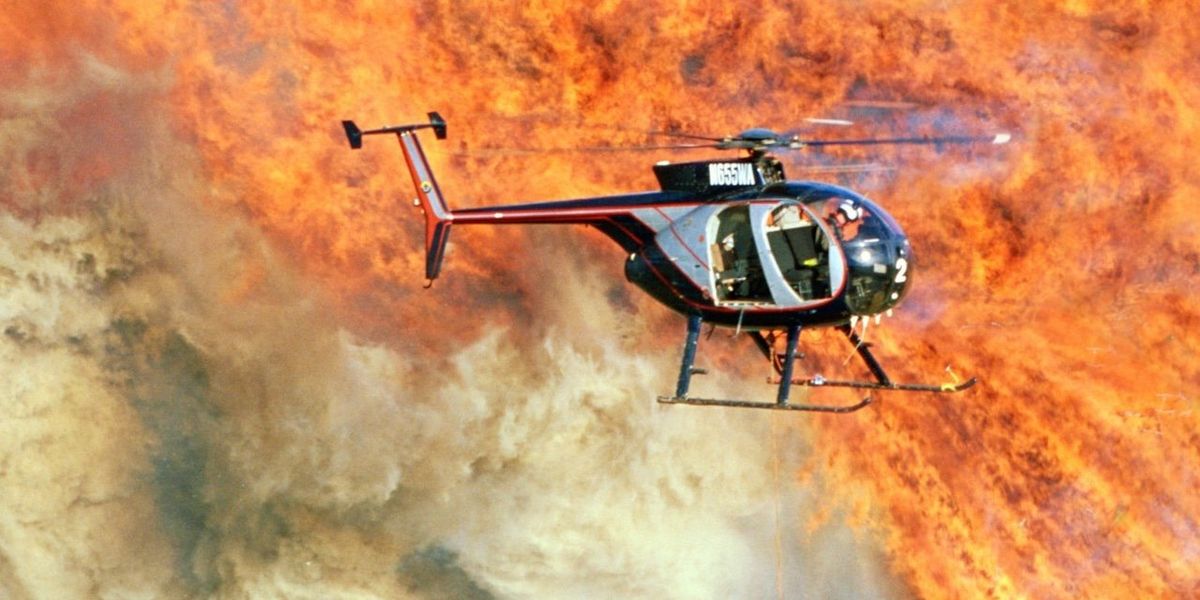New tech campuses are draining water from Latin America’s driest places
As AI expands, tech giants like TikTok are building energy-hungry, water-thirsty datacenters in drought-prone regions of Latin America, sparking fears of worsening water shortages and community exclusion.
Laís Martins and Francisco Amorim report for The Guardian.
In short:
- TikTok, via a local partner, is pushing to build a vast datacenter in Caucaia, Brazil, a region that has declared drought emergencies in most of the past 21 years. The facility could consume tens of thousands of liters of water daily to cool its supercomputers.
- This isn’t an isolated case: datacenters are sprouting across Latin America in cities with long histories of water scarcity, yet companies and governments keep their water usage data under wraps, citing “industrial secrecy.”
- Experts and locals warn that these facilities could permanently alter fragile ecosystems like the caatinga and worsen food insecurity. Critics say they’re being excluded from critical environmental decision-making.
Key quote:
“While residential users typically don’t use much of the water they withdraw, datacenters often use 60% to 80% of it.”
— Shaolei Ren, a researcher at the University of California, Riverside
Why this matters:
It’s a quiet kind of colonization: tech giants tapping into fragile ecosystems like Brazil’s caatinga while shutting communities out of decisions that reshape their futures. In Caucaia and beyond, residents fear not just the loss of water, but the erosion of autonomy. They’re being asked to trade biodiversity for bandwidth, food security for cloud security. And in a region already grappling with the climate crisis, that’s a high-stakes gamble — with no user agreement to click “Decline.”













